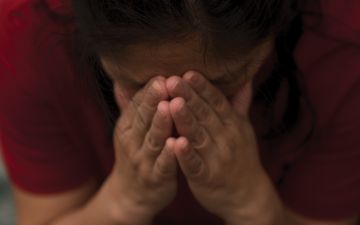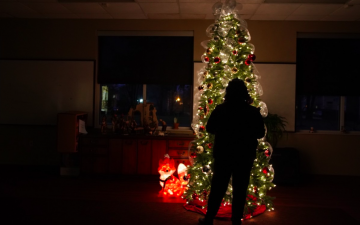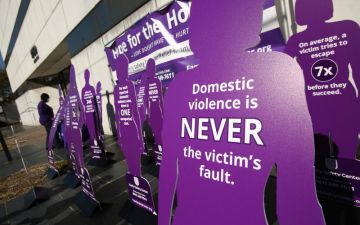In a nation deemed (by Reuters) to be among the world’s most dangerous for women, Tennessee is particularly deadly, with the fifth-highest rate in the U.S. of women killed by intimate partners. It’s now even more dangerous, as stress and unemployment—leading contributors to domestic violence (DV) and sexual assault (SA)—rise exponentially in the pandemic.
Shelters-in-place are “an abuser’s dream,” according to service providers in Memphis and Nashville, who are seeing fewer clients, but with more severe or deadly cases.
Compared to 2019, homicides and rape among intimate partners are on the rise and crisis hotline calls are up. Yet police aren't necessarily answering more domestic violence calls, meaning these (male and female) victims are too scared to leave abusive situations, uncertain of whether resources are safe, or even still available, in the pandemic.
Abusers are weaponizing COVID, court delays, and access to devices (lifelines in a pandemic). Rape kit numbers bounced back as soon as lockdowns eased. Undocumented victims are harder than ever to track down, amid even greater scares of deportation. Abusers are attending racial justice protests, but still beating partners, children, or other family members at home. DV therapists are seeing their own relationships turn violent under lockdown. Victims forced to work from home have lost what may be their only daily respite (a workplace) from an abusive domestic life.
There are some silver linings, including that child sexual abuse is being interrupted by parents/guardians who are spending more time at home; and remote court, therapy, and work are reducing trauma for some survivors.
This reporting will examine these and other issues facing victims of some of the country's more underreported crimes, and how they're being exacerbated by the global health crisis.




